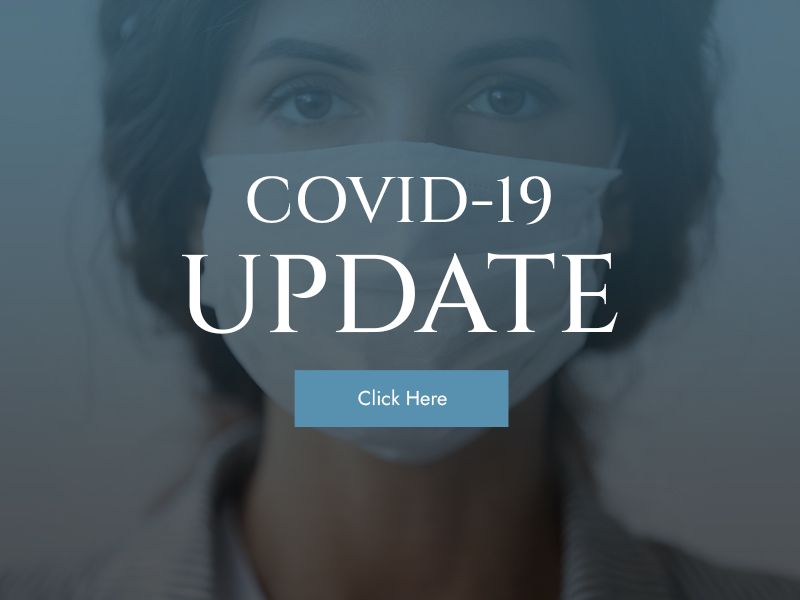- Monday
- 8:00 AM - 6:00 PM*
- -- Dr. Strong
- Tuesday
- 8:00 AM - 6:00 PM*
- -- Dr. Strong
- Wednesday
- 8:00 AM - 6:00 PM*
- -- No Doctor
- Thursday
- Closed
- -- Dr. Fose
- Friday
- 8:00 AM - 4:00 PM*
- -- Dr. Fose
- Saturday
- Closed
- Sunday
- Closed

Welcome to Blue Valley
Vision of Overland Park
Your Optometrist in Overland Park, KS
Dr. Jayme Fose, Dr. Evan Strong, Dr. Lauren Sowash and their team strive to provide the finest in eyecare services and eyewear products. Please feel free to browse our website and learn more about our optometry practice.
We offer the following vision services: complete eye exams, contact lenses, glasses, diabetic eye exams, glaucoma testing, medical eye care, ocular emergencies and pre- and post-operative care. We humbly invite you to join our patient family by scheduling an eye exam at one of our south Overland Park offices. We look forward to being your future eye doctors. Come in and see!






























































